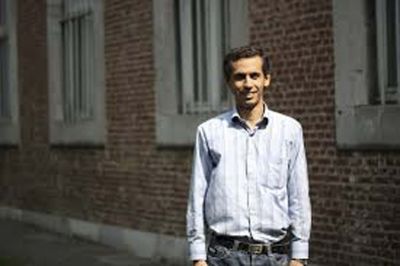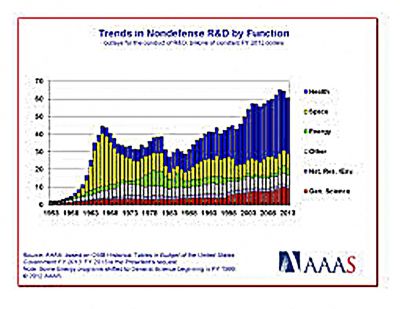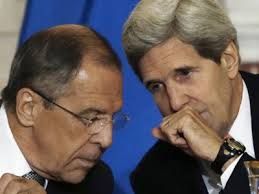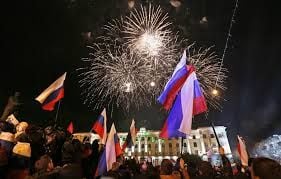
Westerner’s such as all of the analysts at HamiltonFinanceServices.com have never heard of Teoman Coskun Dudak, the latest social net hero of Turkey. If not for the data scraping services of Vocativ.com, most people throughout the world could never hear of him.
And what did Dudak do? He just did his job as a customs inspector at a Turkish airport. He refused to let a plane loaded with 1.5 tons of gold under false papers take off despite being offered a generous bribe by Iranian businessman Reza Sarrab. Sarrab called a Turkish politician, the then minister of the economy, Zafer Caglayan, who authorized take off of the gold laden plane. For his part, Dudak was immediately transferred south to a post on the Syrian border. http://www.ft.com/intl/cms/s/0/88b881f0-af53-11e3-bea5-00144feab7de.html#axzz2wWxzdYcI
How do you and I know about Dudak today? Turkish citizens heard about Dudak when unidentified sources complained on various social networks about the unfair treatment of Dudak for being so honest. For his part, Dudak declined comment. However, as word spread throughout Turkey of Dudak’s honesty, the story was scraped up by data miners and now the world knows the Dudak story.
Why did Turkish citizens like the story in the first place? Apparently bribery among government officials runs so rampantly that many citizens feel frustrated and intolerant of such dishonesty. Dudak became a folk hero because he brought back a sense of honor in a nation sickened by its leaders’ lack of honor.
What do you think?













